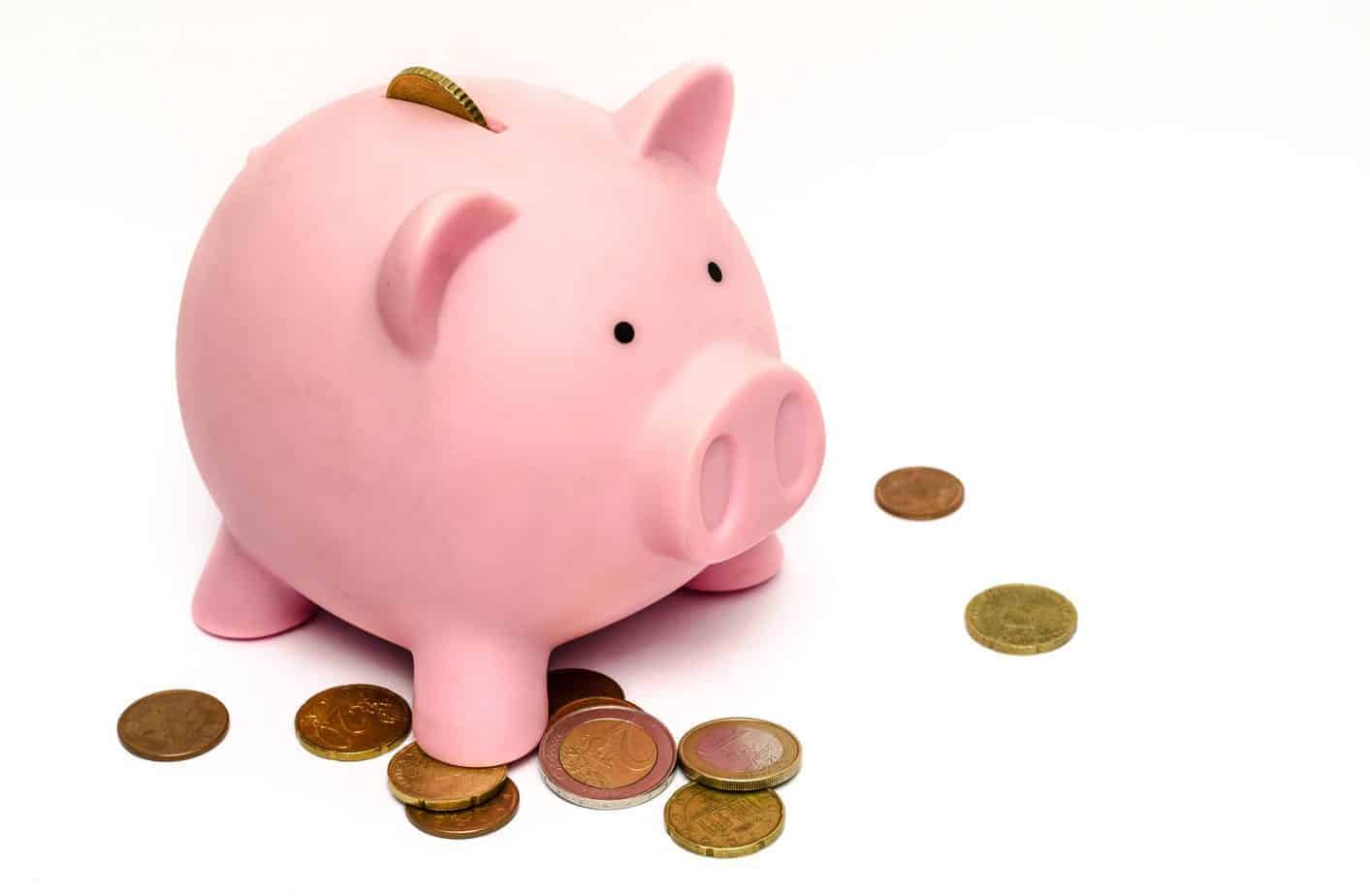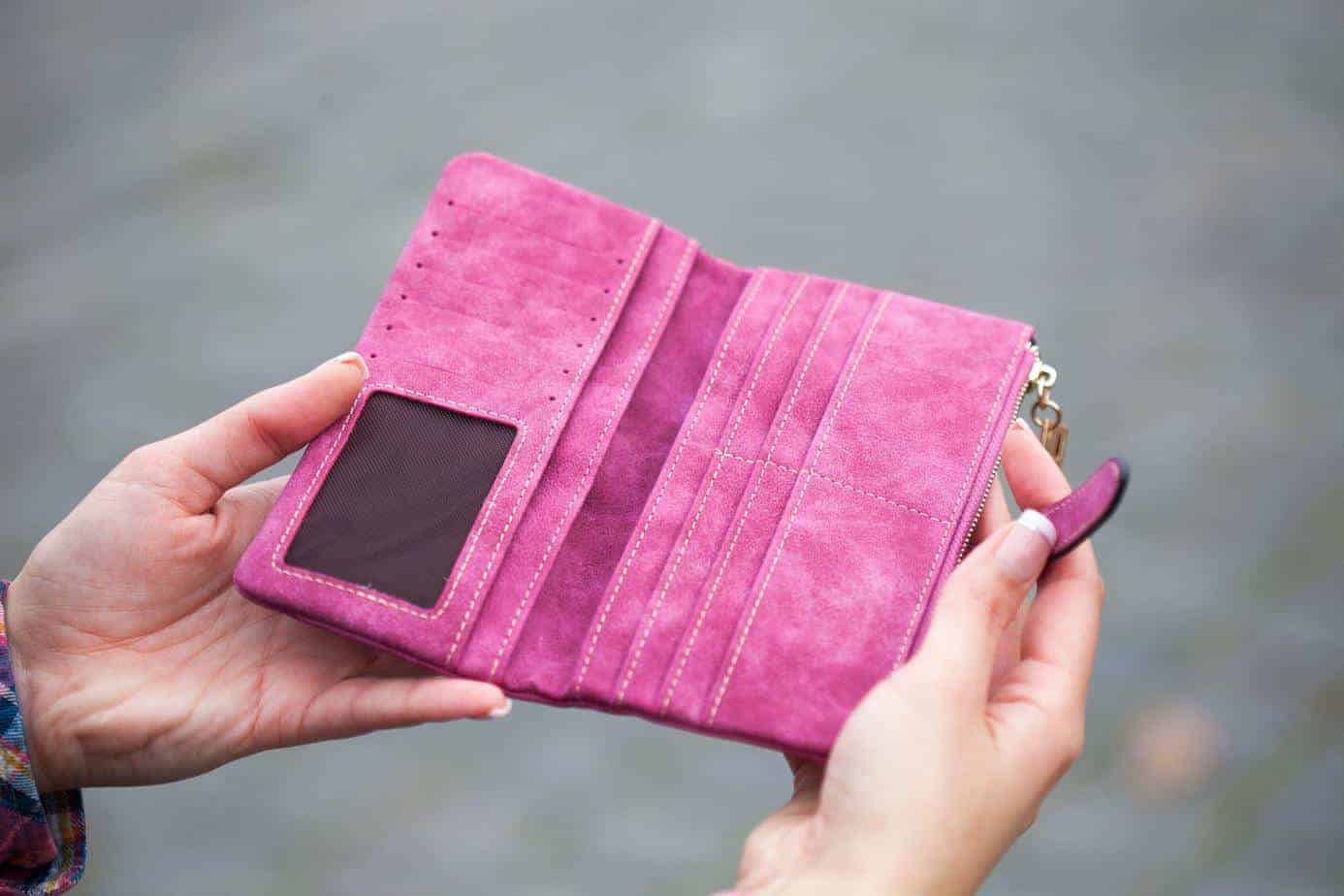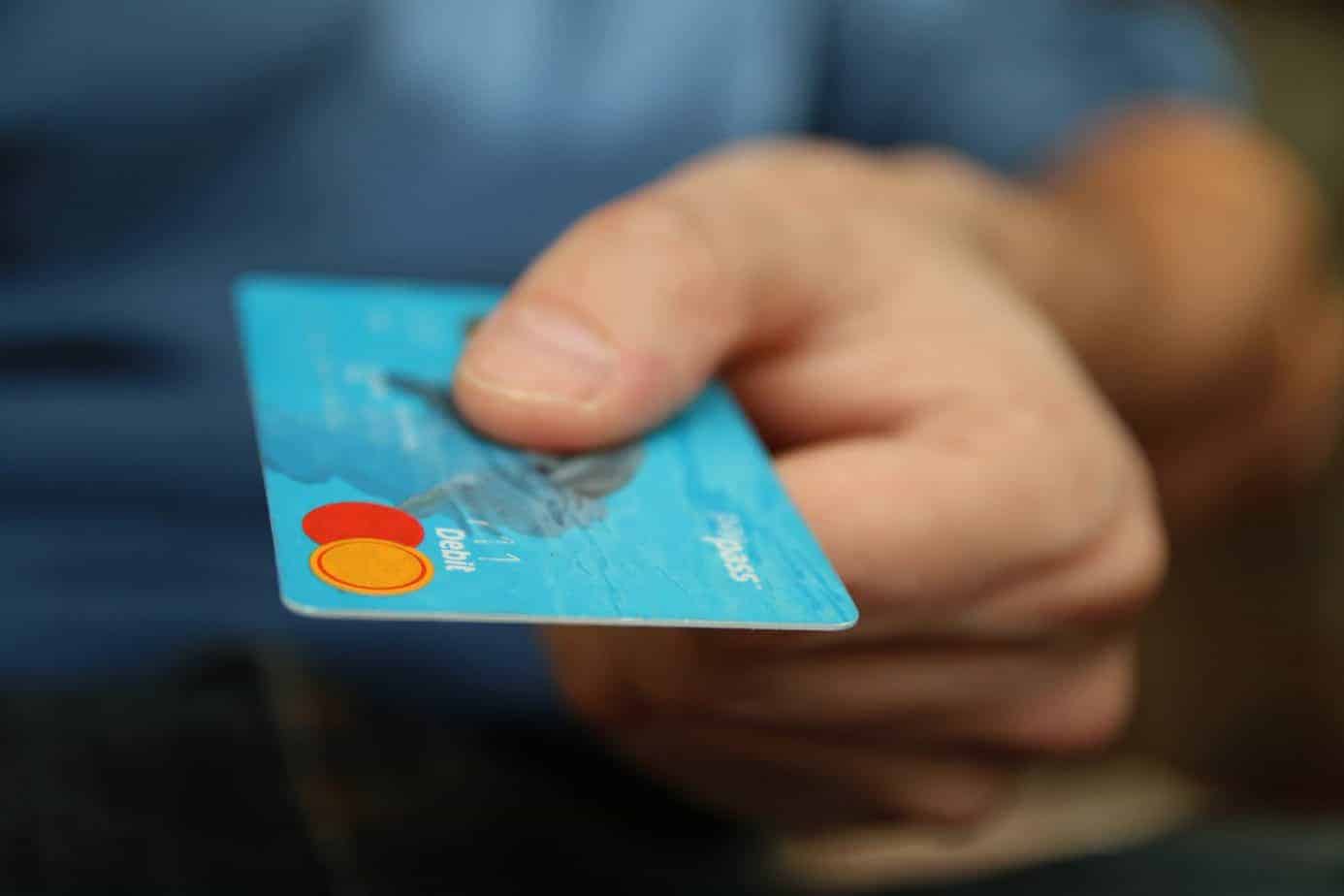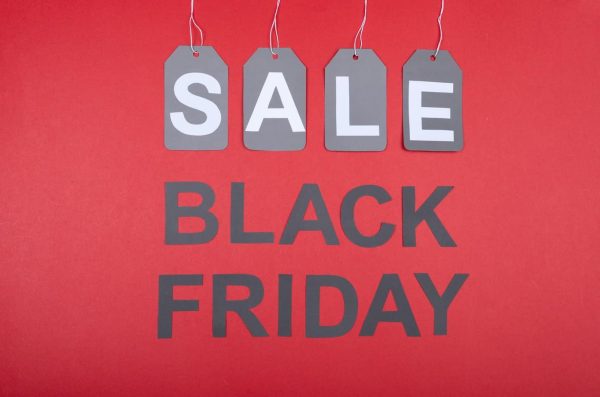Are no spend challenges worth the hassle?
Everywhere I turn, new years resolutions are in full swing, and when you follow the money saving and debt free communities on Instagram, it is inevitable that you will come across a lot of people who have set themselves no spend challenges for January.
I have to say, I’d much rather see this in my feed than some celebrity showing off their latest million dollar purchase, however, it did get me thinking, are these no spend challenges worth the hassle, or is it just another resolution set to fail before the month is out?

I have blogged in the past about my feelings towards New Years Resolutions, and my whole blog philosophy is based around the fact that just like restricting calories, going cold turkey on spending can mean that after a few weeks you end up having a Visa blowout, the diet equivalent of stuffing your face full of doughnuts!
So, are no-spend challenges a good way to save money, or are they just a fad that will have no real long term impact on your finances? I posed the question to some of the UK Money Bloggers who have given their thoughts below.
What is a “no-spend” challenge?
From the title it might be obvious, but of course there are essentials that most people will need to buy that are not included in no spend challenges.
Everyone has their own rules on what constitutes an “essential”, but generally mortgage or rent, bills and direct debits, petrol and food are all included (Although convenience foods such as takeaways and ready meals would not).

The non-essentials are therefore all the extras that may mount up in an average month such as coffees, eating out, cinema trips, impulse buys, takeaways…you get the picture. The idea is to completely cut the spending on these non essential items, in other words, a financial “detox”.
Everyone does this in their own way; some people may choose a day of the week to never spend money; others may do it as a month or even year- long challenge. The rules can be as flexible as choosing to go on a particular diet over another.

Claire from Daily Deals UK is a fan of no spend challenges: ” I’m doing the no spend challenge, I do it every January and find it really gets me back on track after the Christmas blow out. I found it hard the first time I tried but it gets easier. If you love a personal challenge and could do with saving money or recouping funds, why not!”
You can join Claire’s No Spend Challenge here
Nicola from The Frugal Cottage is also a fan of no spend challenges: “I love them! I don’t agree that it’s about deprivation or the name is misleading. If it breaks the mindless consumerism that’s all of us do, then surely they can only be a positive thing. I’m doing a No Spend Year this time and don’t feel deprived at all. If you do, then perhaps you need to look at why you feel the need to spend all that in the first place.”
Why no-spend challenges don’t work for me
This is not to say they are a waste of time for everyone, but personally speaking, they aren’t much good for me. There are several reasons for this:
I don’t cope well with deprivation of any kind
I have never done a diet in my life, because I just can’t bring myself to make certain foods “forbidden”. However, I am a healthy size and have never been overweight. I also exercise regularly and eat reasonably sensibly, so I find moderation works far better for me. It is definitely the same with spending.

Laura from Thrifty Londoner agrees: “I personally find that no spend challenges always turn out for the worst for me! It’s the same if I say something like ‘no chocolate for a week’ as if I say ‘no spending for a week’ it ends up being all you think about and, for me, leads to more excessive spending (or chocolate consumption ?) The method that works better for me is to have specific amounts budgeted per month for ‘fun’ things.”
Of course, to stick with the diet analogy, there are times when I have wanted to lose a couple of pounds and cut back on junk. Rather than going cold turkey and setting myself up to fail, I have used calorie tracking apps such as My Fitness Pal – without actually cutting anything specific out, just ensuring my calories are on target.
The financial equivalent of this would be to identify all those non -essential purchases and reduce them to be on budget rather than cut them out completely, which is what I find works so much better for me.
Jennifer from Monethalia.com also agrees: “I don’t like the concept of no-spend challenges. It encourages people to associate savings with depriving oneself and not being allowed to spend. This makes savings seem like something negative. This is opposed to saving money through a frugal lifestyle, making responsible spending decisions and living happily. Basically it’s like a crash diet that doesn’t really solve the issue of bad money management.”
Making extra money online has upped my income
I blog about all the ways I make extra money online, including eBay selling, matched betting and of course blogging! If you want to know more, simply head to the money making section at the top of the page.
Being careful with my money has become an embedded habit
Due to my financial situation, a couple of years ago I was forced to cut right back on my spending, so much so that it has become second nature to me now. I don’t need to do a no spend challenge, because if I’m buying something its either because it’s an essential, or I really want it. I also budget all year round for expenses such as Christmas using the Plum app.

Emma Drew had a debate with Nicola from the Frugal Cottage about the issue, and this is her take on no-spend days : ‘The phrases No Spend Day or No Spend Year aren’t as they sound. They often mean low spend, or more conscious spending. I am all for trying to buy more ethically, moving away from fast fashion and trying to buy second hand furniture for my house. However I find the phrases totally misleading.
I am debt free and budget for savings, investments and spending
Because I am now debt free and ensure some of my money each month goes into various savings pots, I also budget for what I can spend. Of course, there is still no point in buying pointless things that will end up as clutter and wasting this money, but if I want something and I have the funds for it, I can buy it without feeling guilty.
Charlotte Musha agrees that budgeting is better: “I find no spend challenges pointless as if you utilise a budget properly then you are covered for any kind of spend/eventuality.”
Could a no-spend challenge work for you?
Of course, everyone’s circumstances are different and if you are in a position where you need to go on a spending “diet”, then a no-spend challenge could be right for you.
Nicola from Mum on a Budget says: “I think no spend months are worth the hassle if you find yourself needing to break bad spending habits. I find the particular focus on having to ‘be good’ for a month helps me really focus my attention on how I spend my money and helps me break the cycle of spending on things I don’t need.”
So, if you think your spending needs an overhaul, a no-spend challenge could be a good place to start. However, to simply reduce your spending to essentials without making it part of a challenge could be better, as my final two money bloggers summarise:
Simon from Pennies for the Piggybank: “I agree with Emma Drew about the phrasing being very misleading.
I think this could lead to a lot of people completely dismissing “no-spend” challenges as they seem unrealistic due to the naming.However, when you drill down into the concept i.e. attempting to eliminate unnecessary spending I think they can be extremely useful as they force you to really look at where your money goes every day…”
Clair from ThriftyClair: “I would say that no spend days are worth it… When done right. I’ve done no spend before and it really helped me curb my spending however, I think the term ‘no spend’ is too broad and can be interpreted in so many ways. Those people who restrict their spending and do it all on one day don’t tend to save anything. Strangely, the goal isn’t to not spend, it’s to assess your spending habits and make sure you only make purchases that are necessary and needed. I now much prefer the term ‘conscious spending’. It’s exactly the same as ‘no spend’, but the emphasis is placed on the thought process of buying rather than the restriction of just not spending.”
What are your views on no spend days? Leave me a comment and let me know!

About the Author
Melissa is a working parent who left behind a senior management salary for a better work/life balance. Following her own money saving and money making strategies she was able to clear debt and live a life she loves.
Blogging, selling digital products on Etsy and selling preloved items on eBay and Vinted are her favourite side hustles. Read her story here.
Other Posts You May Like
5 Easy Ways To Save Money On Grocery Shopping
Decluttering to Become Debt Free






I think I agree with you – no spend challenges are good but might not be useful for everyone. I think I would prefer to build and maintain a habit of not spending excessively, rather than cutting back all spending during one challenge. Thanks for sharing this, it’s a really interesting discussion!
Thanks for your comment Jaimie! Yes I definately feel that reducing unnecessary spending works better for me.
A very helpful post. I read this article from start to end and found this very interesting. Thank you for sharing such a helpful article I got to many new things that I am not aware of. Thank you